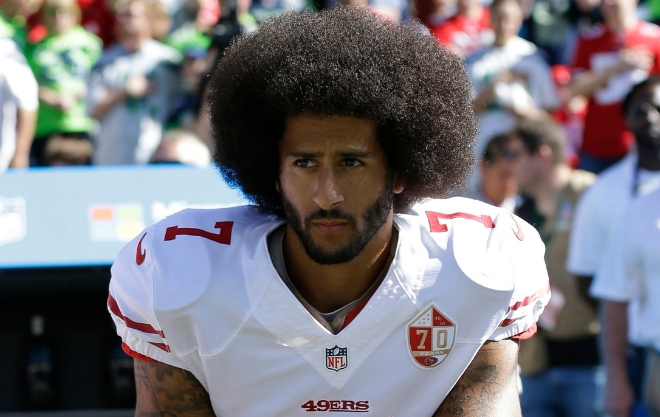Despite the fact that America is seeing various men and women all over the world swap gender roles, there is still serious ridicule towards men who take on motherly roles.
Most American men look towards masculinity as social ranking; the bigger, brawny men are ranked top of the totem pole, while the brainier, weaker males tend to be put at the bottom of the barrel.
Gender roles that men face in current society have a lot to do with the swap between men and women inside their home. Society nit-picks, and de-masculinizes any male who doesn’t share the collective male love of sports and beer. This is similar to how women are expected to look like a perfect model with a slim, hourglass figure.
Social media holds men to an even higher standard than women, and it is considered taboo to argue with the high standards expected of men. To say a man is weak or emotional is clearly unacceptable to other men all over the world. In today’s society, is any man who is less masculine than his “bros” considered an outcast just because he stands outside of what society considers the perfect, all-American man?

Men who cry when upset, or decide that violence isn’t always the answer or are more in-tune with their emotions are thrown to the side to be bullied by the stronger “alpha” males.
We see the competitiveness of males in all cultures. From the beginning of time, men have always competed against other men to prove strength. This strength determines the worth of the man and whether or not he’ll be able to provide for his family under all circumstances.
Pre-dated gender roles placed the man as the head of the household. He is the breadwinner, the hunter and the enforcer, whereas the woman is the child bearer, the caretaker and the nurturer.
Today, years into the future, these roles are starting to change, allowing men to take over as the nurturer and the family-maker. “I wouldn’t want to take on the stereotypical female role; it takes a lot of work and love turning a house into a home,” says senior broadcast media major, Van Vogt. “I don’t think most guys are cut out for that kind of responsibility, but if they [are], more power to them.”
Men who take on these roles in the household are looked at by other men as “pansies”, or “sissies” and often made fun of in male social circles.
Moreover, women place even more pressure on men by seeing masculinity as a requirement when choosing companionship. A lot of southern women want a man who is strong and dependable. Unfortunately, men who are generally nicer and can connect on an emotional playing field are put into the dreaded “friend-zone.” People tend to see things as black and white, when there is definitely more gray. The need for humans to place everyone into a category is un-called for because men and women are more than just “masculine” or “feminine.”
Men shouldn’t be looked down upon for the roles they practice, regardless of how much testosterone courses through their veins. The “all-American man” should be viewed as the man who gets his job done at the end of the day, whether that’s building a house or running one.









